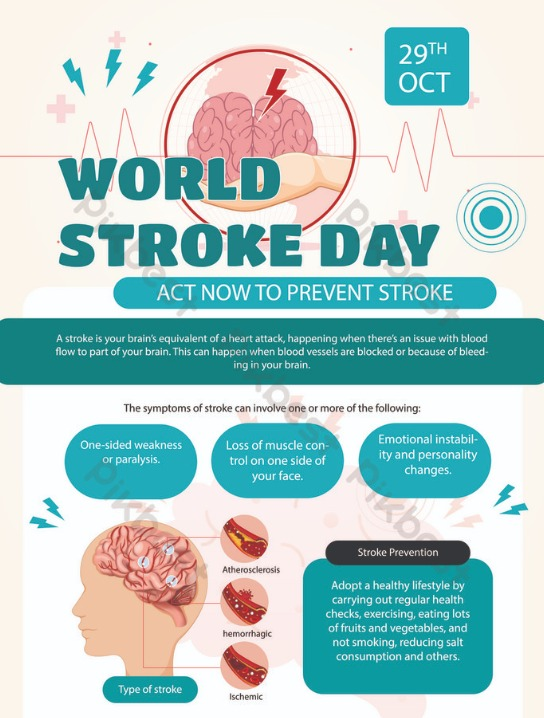Copyright mirror

The NHS has issued a four-week warning to anyone taking diazepam, which can be used to treat anxiety , muscle spasms, and seizures. Diazepam is part of a group of medicines called benzodiazepines, and it might be better known by brand names such as diazemuls, diazepam rectubes, diazepam desitin, or valium, though valium is not available in the UK. Diazepam is only available with a prescription, and it has multiple uses. The NHS explained: "It's used to treat anxiety, muscle spasms and seizures or fits. "It's also used in hospitals to reduce alcohol withdrawal symptoms, such as sweating or difficulty sleeping. It can also be taken to help you relax before an operation or other medical or dental treatments. This is known as a pre-med." However, it's not recommended for long-term use. A warning on the NHS website reads: "It's possible to get addicted to diazepam, but you're less likely to get addicted if you take it at the lowest dose that helps your symptoms, for up to four weeks." It could cause long-term and short-term side effects. Outlining the possible long-term side effects, the NHS said: "Diazepam can cause withdrawal symptoms if you take it for a long time." It added: "If you're prescribed diazepam for more than four weeks, your dose may be reduced gradually when you stop taking it to prevent withdrawal symptoms." Common short-term side effects include confusion, shaky hands, feeling drowsy or sleepy, or problems with coordination. More serious side effects are rare but possible, and although it is rare, diazepam may cause a serious allergic reaction. The medication works by increasing the levels of a calming chemical in your brain called gamma-aminobutyric acid (GABA). Always speak to a relevant medical professional if you have any health concerns.



